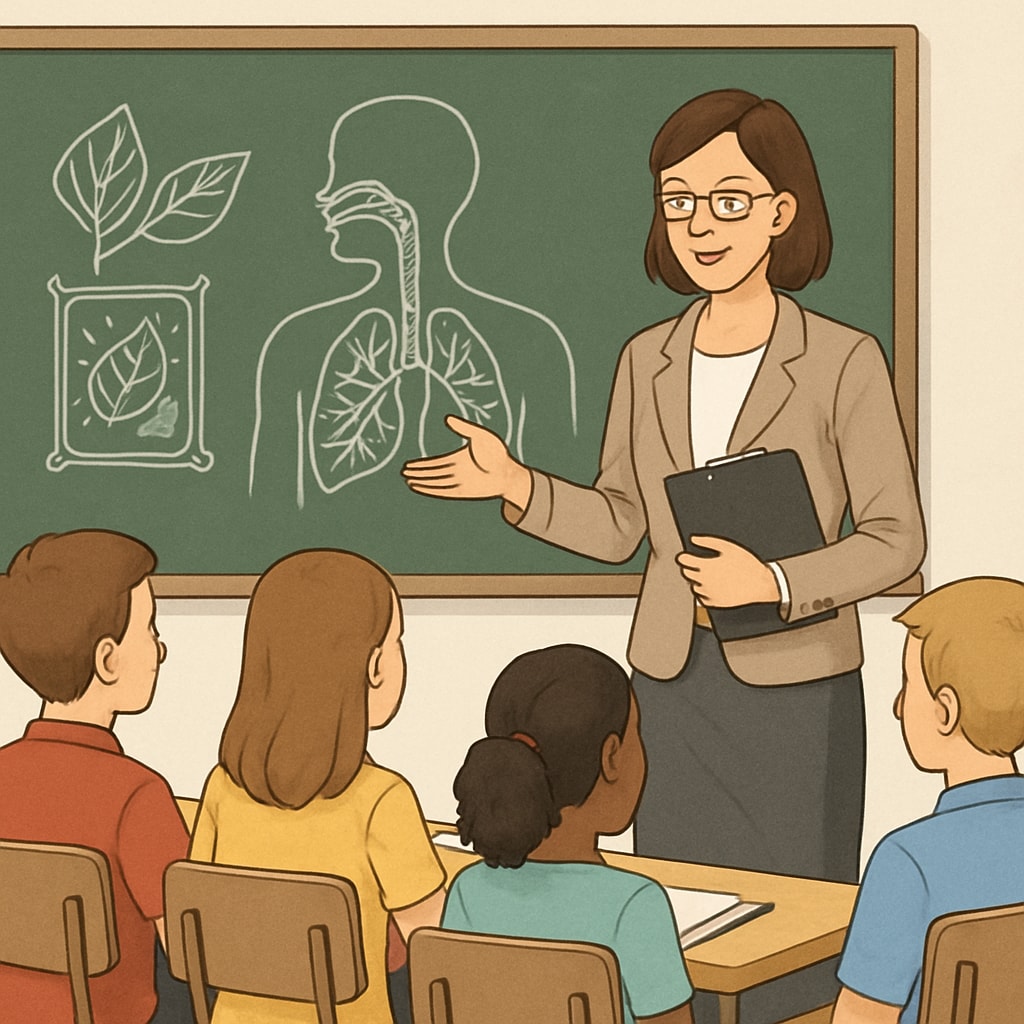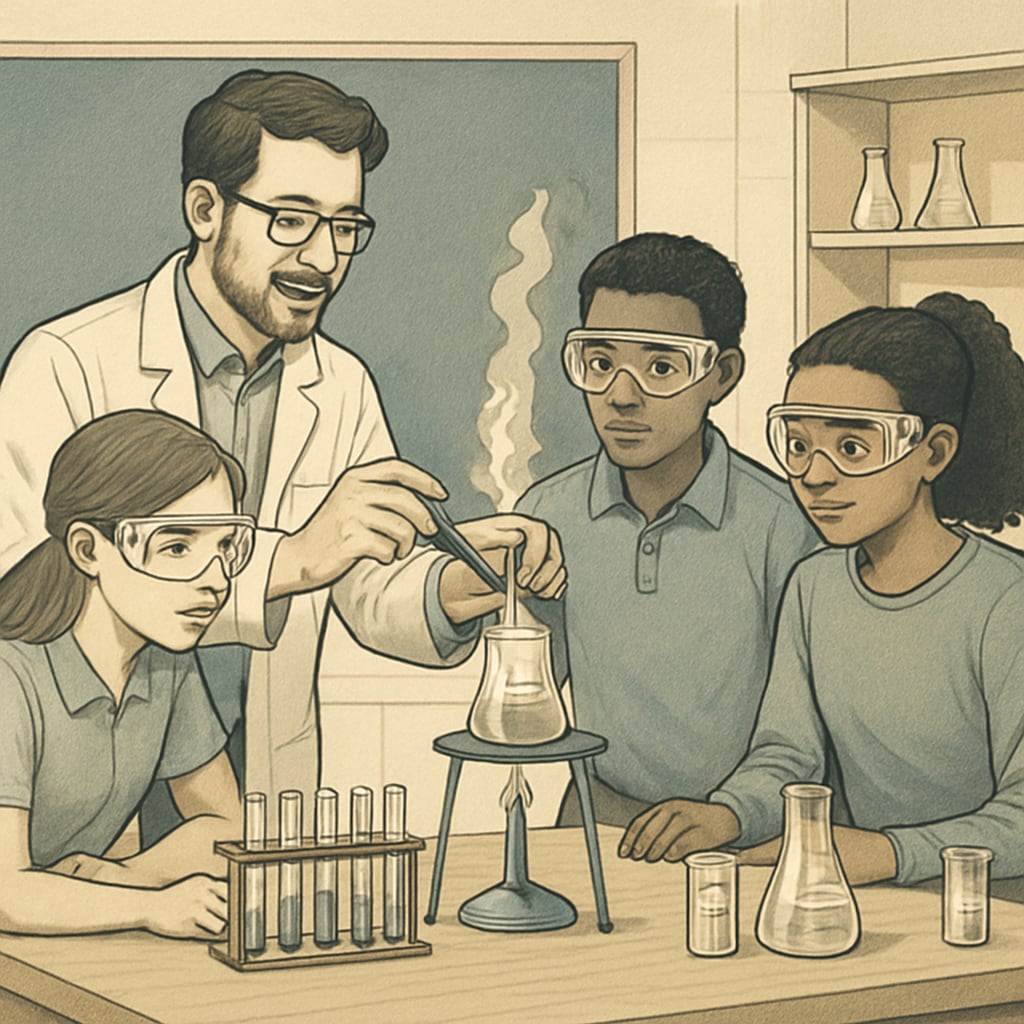For students with a biology background, transitioning into a master’s degree in education might seem like an unusual shift. However, this cross-disciplinary journey from biology major to education master’s offers unique opportunities for professional growth and societal impact. By combining scientific expertise with educational skills, students can forge meaningful careers in STEM education, curriculum design, or educational research. This article explores the feasibility, preparation, and benefits of this career transformation.
Why Consider a Career Transition from Biology to Education?
Biology majors often cultivate critical thinking, analytical skills, and a deep understanding of the natural world. These competencies are highly valuable in education, particularly in STEM fields. With a growing demand for skilled science educators, transitioning into education allows biology graduates to share their knowledge and inspire the next generation of scientists.
Furthermore, teaching is not only a fulfilling career but also one that contributes to closing the gap in STEM literacy. According to Britannica’s overview of STEM education, there is a global push to enhance science, technology, engineering, and math education, making biology graduates uniquely positioned to fill these gaps. This transition also offers stability, career growth, and the opportunity to make a tangible difference in students’ lives.

Steps to Transition: From Biology Major to Education Master’s
Shifting from biology to education requires careful planning. Here are some essential steps to ensure a smooth transition:
- Self-Assessment: Identify your motivations for switching to education and evaluate how your biology expertise aligns with educational goals.
- Research Education Programs: Look for master’s programs in education that welcome students from non-education backgrounds. Many programs offer tailored tracks for STEM graduates.
- Gain Experience: Volunteer at schools, participate in tutoring, or join mentoring programs to understand the teaching environment.
- Fulfill Prerequisites: Some education programs may require foundational courses in pedagogy or psychology. Ensure you meet these requirements before applying.
- Prepare a Strong Application: Highlight your biology background, passion for teaching, and any prior experience in educational settings.
In addition to these steps, consider networking with professionals who have made similar transitions. Their insights can provide valuable guidance and inspiration.
Career Opportunities After an Education Master’s
Pursuing a master’s degree in education opens doors to diverse career paths. Here are some roles biology graduates can explore:
- STEM Educator: Teach biology or general science at middle and high schools, contributing to STEM literacy among students.
- Curriculum Developer: Design science curricula that integrate innovative teaching methods and align with current academic standards.
- Educational Researcher: Conduct research to improve teaching methodologies and educational frameworks for STEM subjects.
- Higher Education Instructor: Teach biology courses at community colleges or universities, often requiring an advanced degree in both biology and education.
In addition to traditional teaching roles, there are opportunities in educational technology companies, nonprofit organizations, and government agencies focused on STEM education policy. For example, the U.S. Department of Education’s STEM initiatives highlight the importance of skilled educators in driving innovation and competitiveness in the workforce.

Challenges and How to Overcome Them
While the transition from biology to education is feasible, it comes with challenges. Adapting to a new discipline, mastering pedagogical techniques, and obtaining teaching certifications can be daunting. However, these obstacles can be addressed:
- Take Gradual Steps: Start with part-time courses or certifications to ease into the education field.
- Seek Mentorship: Connect with educators who can offer advice and support during your transition.
- Stay Updated: Stay informed about trends in STEM education and integrate modern teaching tools into your practice.
Above all, perseverance and a passion for teaching are key to overcoming any hurdles along the way.
The Interdisciplinary Advantage
One of the biggest advantages of transitioning from biology to education is the interdisciplinary perspective you bring. As a biology graduate, you possess a unique ability to connect complex scientific concepts with real-world applications, making science more accessible and engaging for students. This perspective not only enriches the classroom experience but also inspires curiosity and critical thinking among learners.
Moreover, interdisciplinary educators are in demand as schools and universities increasingly emphasize holistic and integrated learning approaches. Your biology expertise, combined with educational training, positions you as a valuable asset in this evolving landscape.
In conclusion, making the leap from a biology major to a master’s in education is not only feasible but also rewarding. By leveraging your scientific background, acquiring the necessary skills, and embracing your passion for teaching, you can embark on a fulfilling career that bridges science and education.
Are you ready to take the first step toward this transformative journey?


